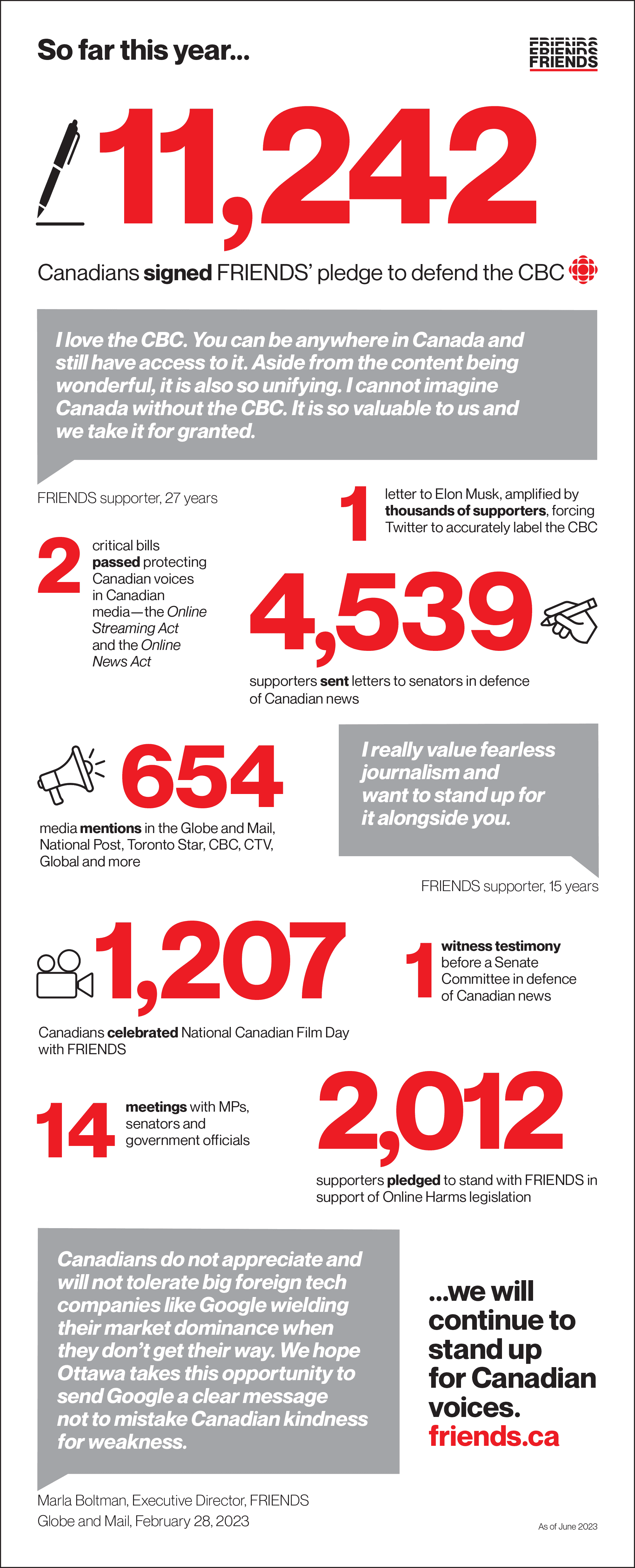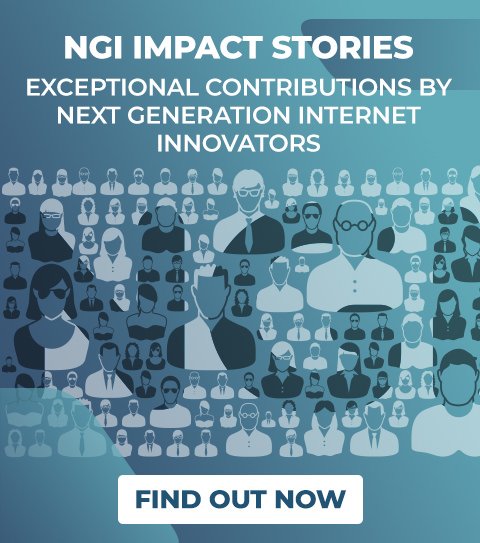Canadian news publishers suing ChatGPT developer OpenAI ...
A coalition of Canadian news publishers has filed a lawsuit against OpenAI, alleging that the company has violated copyright laws by using news content from various media websites to train its ChatGPT generative artificial intelligence system. The coalition, which comprises The Canadian Press, Torstar, The Globe and Mail, Postmedia, and CBC/Radio-Canada, claims that OpenAI has been "scraping large swaths of content" without permission or compensation to the original content owners.
Legal Battle
The publishers argue that the news companies invest significant resources into journalism, and as such, their content is protected by copyright laws. They insist that while they appreciate technological advancements, all parties must adhere to legal regulations, and any use of intellectual property should be done on fair terms.
OpenAI, on the other hand, maintains that its models are trained on publicly available data and operate within the boundaries of fair use and international copyright principles. The company claims to collaborate closely with news publishers, providing attribution and links to their content in ChatGPT search, and allowing outlets to opt-out if they choose to do so.
Accusations and Claims
The president of News Media Canada, Paul Deegan, has accused AI companies of "strip-mining journalism" and profiting from proprietary content without proper authorization. The lawsuit seeks damages to be determined at trial, with statutory damages of $20,000 per work being suggested. Additionally, the coalition requests an injunction to prevent OpenAI from further using news content without consent.

According to Lisa Macklem, a lecturer at King’s University College, the lawsuit marks a significant development in regulating AI and copyright laws. She emphasizes the importance of establishing clear guidelines for the use of generative AI to collect and utilize data.
Industry Impact
The Canadian government is currently reviewing its copyright legislation to address the challenges presented by generative AI. While Canadian creators and publishers have raised concerns about the unauthorized use of their content, AI companies argue that restricting such practices could hinder the progress of AI development in the country.
Benjamin Bergen, president of the Council of Canadian Innovators, urges the government to expedite the implementation of policies and legislation to govern the use of AI technologies. He emphasizes the need for clear rules to navigate the evolving landscape of digital innovation.
Regulatory Environment
In 2023, the Liberal government passed the Online News Act, requiring major tech companies like Google and Meta to compensate news publishers for the use of their content. While Google has reached a compensation agreement with Canadian news outlets, Meta removed news from its platforms in response to the legislation.

As the legal battle unfolds, the Canadian Radio-television and Telecommunications Commission (CRTC) plays a pivotal role in interpreting and enforcing the Online News Act. The CRTC is investigating whether Meta's actions comply with the legislation and has mandated transparency regarding the company's adherence to the regulatory framework.
With stakeholders advocating for regulatory clarity and industry-specific guidelines, the outcome of the lawsuit against OpenAI could have far-reaching implications for the future of AI innovation and content usage in Canada.




















